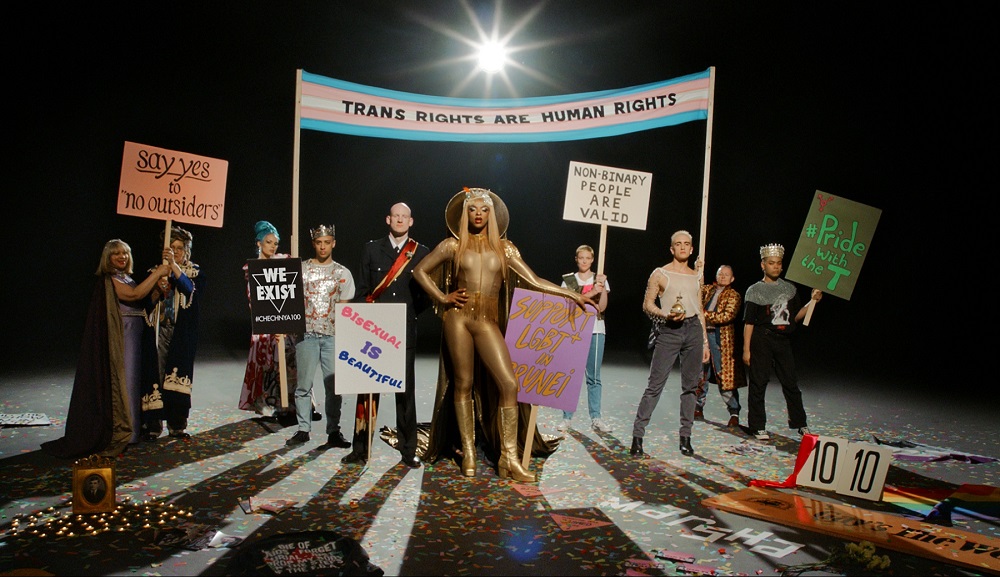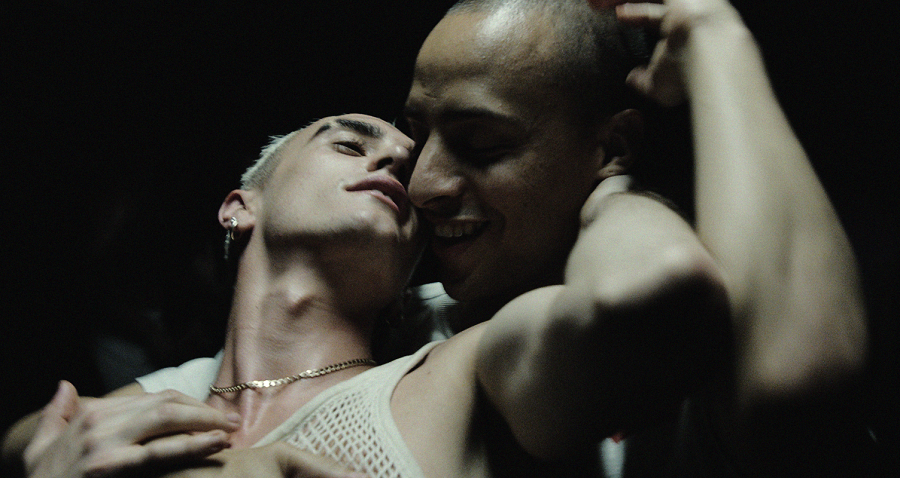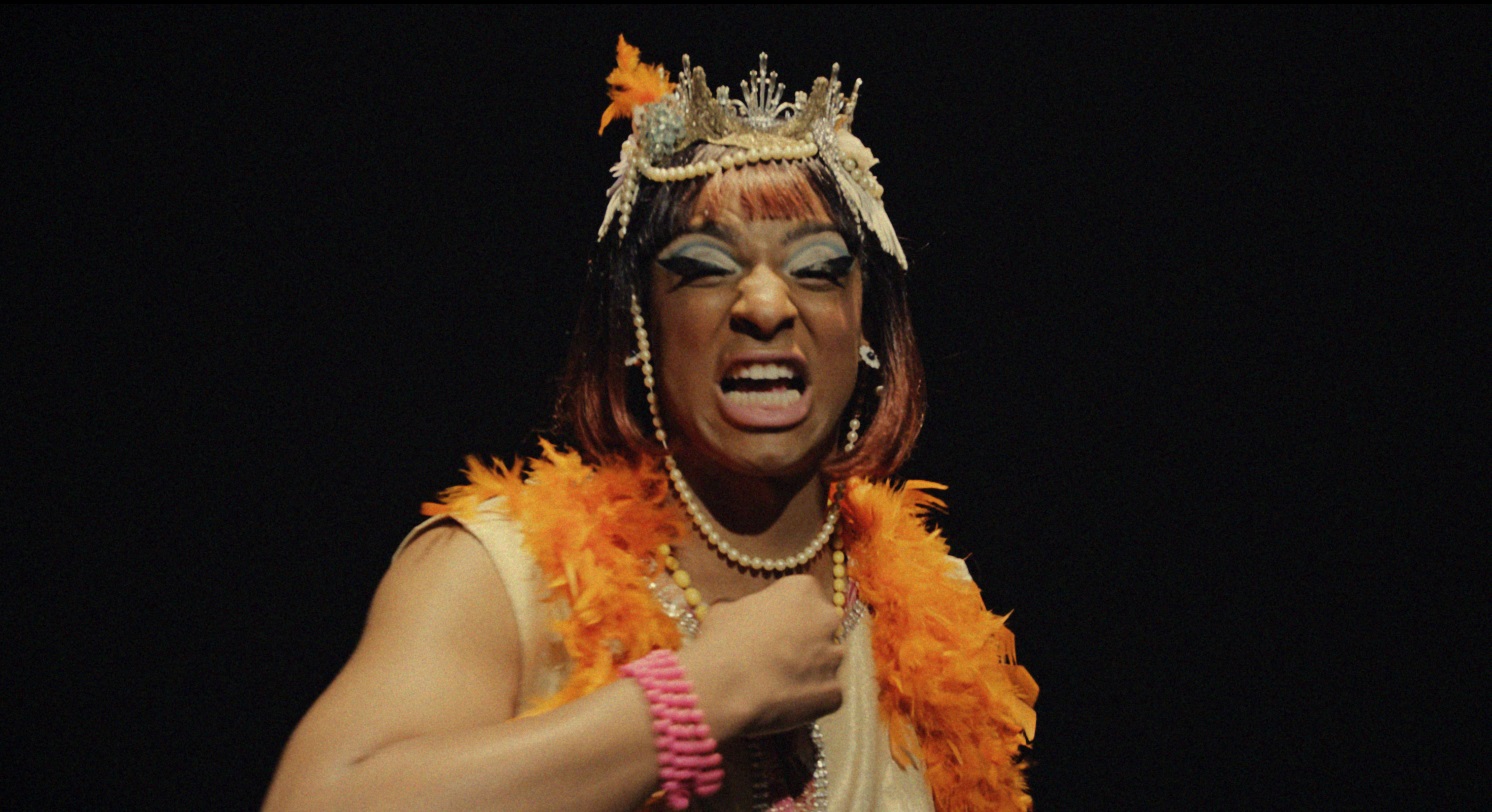Pride in London’s new TV ad takes a heart-wrenching, empowering trip through LGBTQ history
The moving advert will air on Channel 4 shortly before 9pm on Friday (21 June).
By Will Stroude

Pride in London have taken a heart-wrenching, empowering trip through LGBTQ history in the television advert for this year’s celebration of equality in the capital, which will take the theme of #PrideJubilee.
50 years after the Stonewall riots in New York which sparked the birth of the modern gay rights movement, Pride in London organisers have stunningly recreated key moments in the LGBTQ civil rights struggle that have taken place since that famous night on 28 June 1969.
They include the first gay rights march in London in 1972, the advent of the Aids crisis in the early 1980s, ‘Lesbians Against the Clause’ activists storming the 6 O’Clock News to protest the enactment of Section 28 in 1998, and the legalisation of same-sex marriage in England and Wales in 2013.

The advert, which will air for the first time on Channel 4 on Friday (21 June) shortly before 9pm following the conclusion of The Crystal Maze, will be accompanied by a seires of billboards across the capital ahead of the Pride in London parade on Saturday 6 July.
The posters see members of the LGBTQ community recreating the key historical moments in the style of classic Royal Portraiture: using the visual language of the most privileged people in history to elevate some of the most marginalised and oppressed.

Tom Stevens, Director of Marketing at Pride in London, said “Even in the last month we’ve been reminded that the great strides in equality that some of us enjoy today are not shared by everyone in our community.
“Couples are being attacked in public, trans people continue to face discrimination and abuse, and LGBT+ people still face injustice globally: it is clear that the fight is not yet won.
“The #PrideJubilee is about recognising that we have much to learn from the queer pioneers who came before us, and that we must take collective responsibility to understand our history.”
